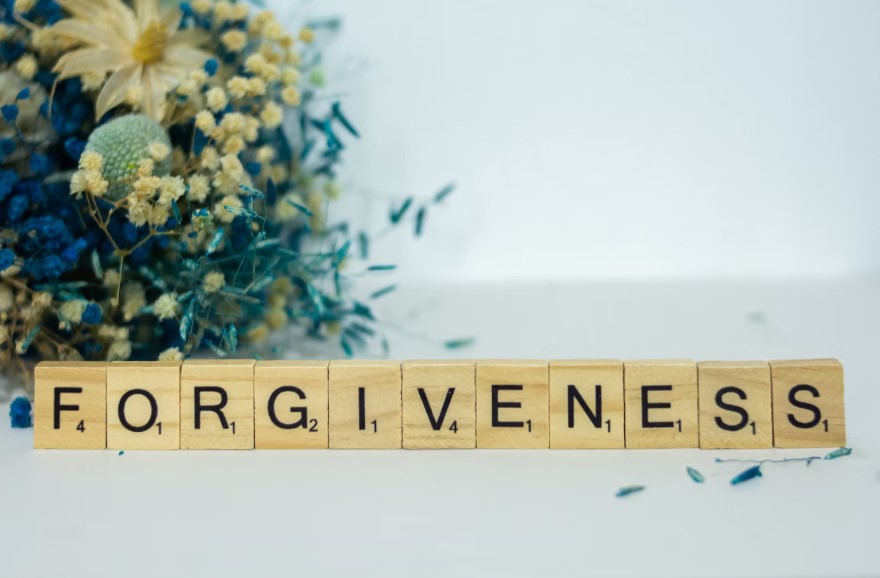Why should we have the transformative power of forgiveness, the importance of perception, and the potential for second chances?
This serves as a reminder that, in embracing compassion and understanding, we can unlock new possibilities and foster positive change in our lives and the lives of others.
Unforgiveness May Be Blocking Your Growth – Kambua

In an extraordinary turn of events, Kelvin Sichimataa, a human resources, and administration officer, shares his remarkable experience of encountering someone who openly despised him during a job interview.
Years ago, Sichimataa vividly recalls a confrontation with an individual who boldly declared, “I don’t like you!” Instead of reacting with anger or resentment, he responded with introspection and wisdom.
Fast forward to a later date, Sichimataa found himself sitting on an interview panel. As fate would have it, the same person who had expressed hatred towards him walked in for the interview, visibly uncomfortable and nervous.
I have Faith in God and He Has Made Me Who I am – Steve Harvey
When it was Sichimataa’s turn to interview the candidate, he chose a different approach. Instead of harbouring resentment, he expressed genuine liking and belief in the person’s potential.
This unexpected display of compassion and understanding transformed the atmosphere in the room. In the end, against all odds, the individual secured the job.
This offers several valuable lessons:
1. The power of empathy: Sichimataa’s experience teaches us to be mindful of how we treat others when they are vulnerable. The way we treat people in their weakest moments may have a significant impact on our own future.
“I Meant Nothing to People Who Meant A Lot to Me” – Oupa Pilane
2. Taking ownership of our feelings: If we find ourselves disliking someone, it is essential to recognize that it is our own responsibility. By working on ourselves and seeking the good in others,
3. The consequences of spoken hatred: It reminds us to be cautious with our words. What we say out of hatred or dislike can be deeply ingrained in someone’s memory and used against us when we are in need.
Opinion: Why Most Adults Struggle Financially and Lament over Unanswered Prayers – Andrew Kibe Muita
4. The power of forgiveness: Sichimataa exemplifies the ability to forgive and overlook others’ hatred. Instead of punishing those who dislike us, he encourages us to bless them, fostering a path to God’s blessings, favour, and protection.
Follow or like our social media accounts for more informative stories:
Facebook: https://www.facebook.com/UpeoHubDigital
Twitter: https://twitter.com/upeohubnews
LinkedIn: https://linkedin.com/UpeoHubDigital
Instagram: https://www.instagram.com/upeohubdigital
Would you like us to feature your story/opinion? You can contact us through the following:
Cell: +254 759 896907
Email: news@upeohubdigital.co.ke
For corporate partnerships and engagements, you can reach out to us via info@upeohubdigital.co.ke
For marketing engagements, email us via marketing@upeohubdigital.co.ke